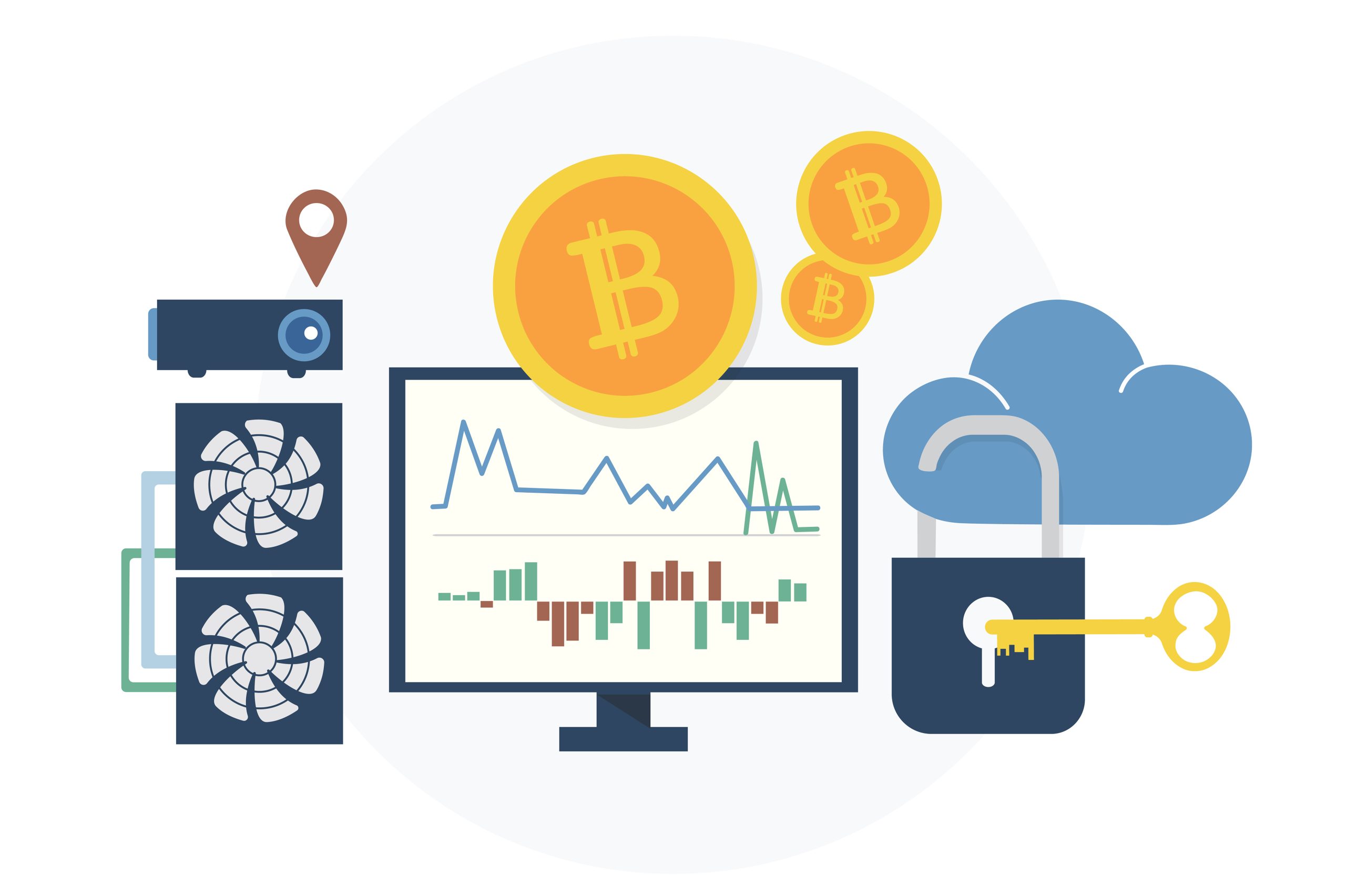Amid rising crypto interest, scammers exploit inexperienced investors using fake exchanges, phishing emails, Ponzi schemes, fraudulent ICOs, pump-and-dump tactics, impersonation, and malware attacks. Security expert Richard D advises using reputable exchanges, verifying communications, and employing VPN protection. Caution and research are essential to safeguarding digital assets in today’s volatile market.

As global interest in cryptocurrency grows, so does the risk of falling victim to a range of scams targeting both novice and experienced investors. With Bitcoin reaching new all-time highs and news emerging of high-profile figures launching their own digital coins, the digital asset market attracts not only genuine investors but also fraudulent actors.
Richard D, a cyber privacy expert at VPN Pro, explains that scammers capitalise on the excitement surrounding digital assets.
“Scammers thrive on hype,” he remarks, noting that the rush into crypto creates opportunities for bad actors to exploit a lack of knowledge. In a market where both seasoned investors and beginners are targeted, maintaining vigilance is paramount.
Investors are urged to use reputable exchanges and wallets that offer robust security measures and clear, transparent policies. Research and independent reviews help verify the legitimacy of these platforms, reducing the risk of permanent loss of funds due to fraudulent activities.
Understanding the threat landscape
The digital currency boom has created fertile ground for various scams. Fraudsters employ multiple tactics to deceive investors, ranging from fake cryptocurrency exchanges to sophisticated malware attacks.
Fake cryptocurrency exchanges
Scammers create convincing replicas of legitimate trading platforms. Once users deposit funds, withdrawals become impossible or the entire exchange vanishes. In such cases, phishing links and social media advertisements lend an air of authenticity.
Richard D, an online security expert at VPN Pro, advises: “Verify the exchange’s authenticity by checking independent reviews. Ensure that any exchange you use is registered with the regulatory authority for your region or the region it’s based in. Generally, stick to well-known, reputable exchanges like Coinbase, Binance, or Kraken.”
Phishing emails
Fraudulent emails mimic official communications from recognised crypto platforms. These emails urge recipients to click on malicious links or reveal private keys, putting their investments at risk.
Richard’s Tip: “Double-check the sender’s email address or website URL. Avoid clicking on links in unsolicited messages, and remember, legitimate platforms will never ask for private keys or passwords via email.”
Ponzi schemes
Promising high, consistent returns with little risk, Ponzi schemes lure victims by paying early investors with funds from new participants. Eventually, the scheme collapses, leaving most investors at a loss.
Richard’s Tip:
“Be sceptical of any investment that claims to guarantee high, consistent returns with little to no risk. Research the project thoroughly and avoid opportunities that rely heavily on recruitment.”
Fake Initial Coin Offerings (ICOs)
Some scammers launch ICOs for non-existent projects. They create elaborate websites, whitepapers, and marketing campaigns to attract investments before disappearing with the funds.
Richard’s Tip:
“Research the team behind the ICO, their partnerships, and the technology. Look for verified information on trusted blockchain platforms before investing.”
Pump-and-dump schemes
In pump-and-dump scenarios, fraudsters buy large quantities of low-cost cryptocurrency, inflate its value through hype, and then sell off their holdings at a profit. This sudden crash leaves other investors with devalued assets.
Richard’s Tip:
“Avoid investing based on social media hype or sudden, unexplained price surges. Focus on cryptocurrencies with transparent teams and solid use cases.”
Impersonation scams
Scammers create fake social media profiles of celebrities, influencers, or crypto companies. They promote fraudulent giveaways or investment opportunities, promising to double any cryptocurrency sent to them.
Richard’s Tip:
“Remember, legitimate figures will never ask for upfront payments for giveaways. Verify accounts with blue check marks and look for official announcements on trusted platforms.”
Social Media Scams
Fraudsters use fake accounts or groups on platforms such as Twitter, Facebook, or Telegram to share phishing links, promote dubious ICOs, or lure users into providing sensitive information.
Richard’s Tip:
“Always verify the authenticity of social media accounts. Never share wallet details, private keys, or sensitive information in messages or groups.”
Malware attacks
Malware can infiltrate devices via fake crypto apps, phishing links, or malicious downloads. Once installed, it may capture wallet details or alter transactions, redirecting funds to the hacker.
Richard’s Tip:
“Keep your antivirus software updated and only download apps or tools from trusted sources like official app stores. Double-check wallet addresses before confirming transactions.”
The Role of VPNs in Safeguarding Crypto Transactions
Using a Virtual Private Network (VPN) offers an additional layer of protection. A VPN creates a secure, encrypted connection that shields a user’s IP address and data, especially when using public Wi-Fi networks. Some VPN services further enhance security by incorporating malware blocking, ad blocking, and phishing protection.
Richard D explains that avoiding public Wi-Fi or, alternatively, using a VPN when accessing trading accounts, is a vital step in protecting digital assets. With robust encryption and threat protection, VPNs enable crypto users to browse, trade, and store their assets securely while keeping their online activities private.
In summarising the current climate, Richard D comments:
“The rapid rise of cryptocurrency has transformed the way we think about money, but it has also opened the door to unprecedented levels of online fraud. Scammers are capitalising on the excitement surrounding digital assets, targeting both seasoned investors and beginners. Their strategies range from creating fake websites to impersonating trusted platforms, all designed to deceive and steal.
The lack of proper regulation in the crypto space means victims often have little recourse once their funds are gone. Staying ahead of these threats requires a proactive mindset. Educate yourself about the risks before entering the crypto market. Use trusted sources to research platforms, and never rush into an investment based on pressure or promises of quick returns. Secure your online presence by avoiding public Wi-Fi when accessing trading accounts, or better yet, use a VPN to safeguard your activity. By staying informed and cautious, you can navigate the crypto space confidently and minimise your risk of falling victim to scams.”
Shikha Negi is a Content Writer at ztudium with expertise in writing and proofreading content. Having created more than 500 articles encompassing a diverse range of educational topics, from breaking news to in-depth analysis and long-form content, Shikha has a deep understanding of emerging trends in business, technology (including AI, blockchain, and the metaverse), and societal shifts, As the author at Sarvgyan News, Shikha has demonstrated expertise in crafting engaging and informative content tailored for various audiences, including students, educators, and professionals.


































